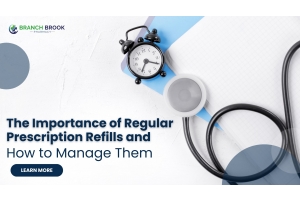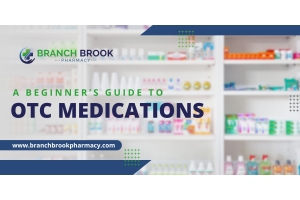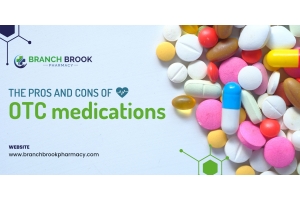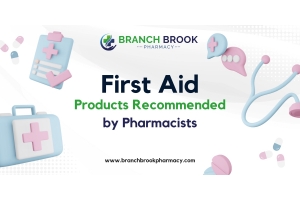Immunization Awareness: Why Vaccinations Are Key to Community Health
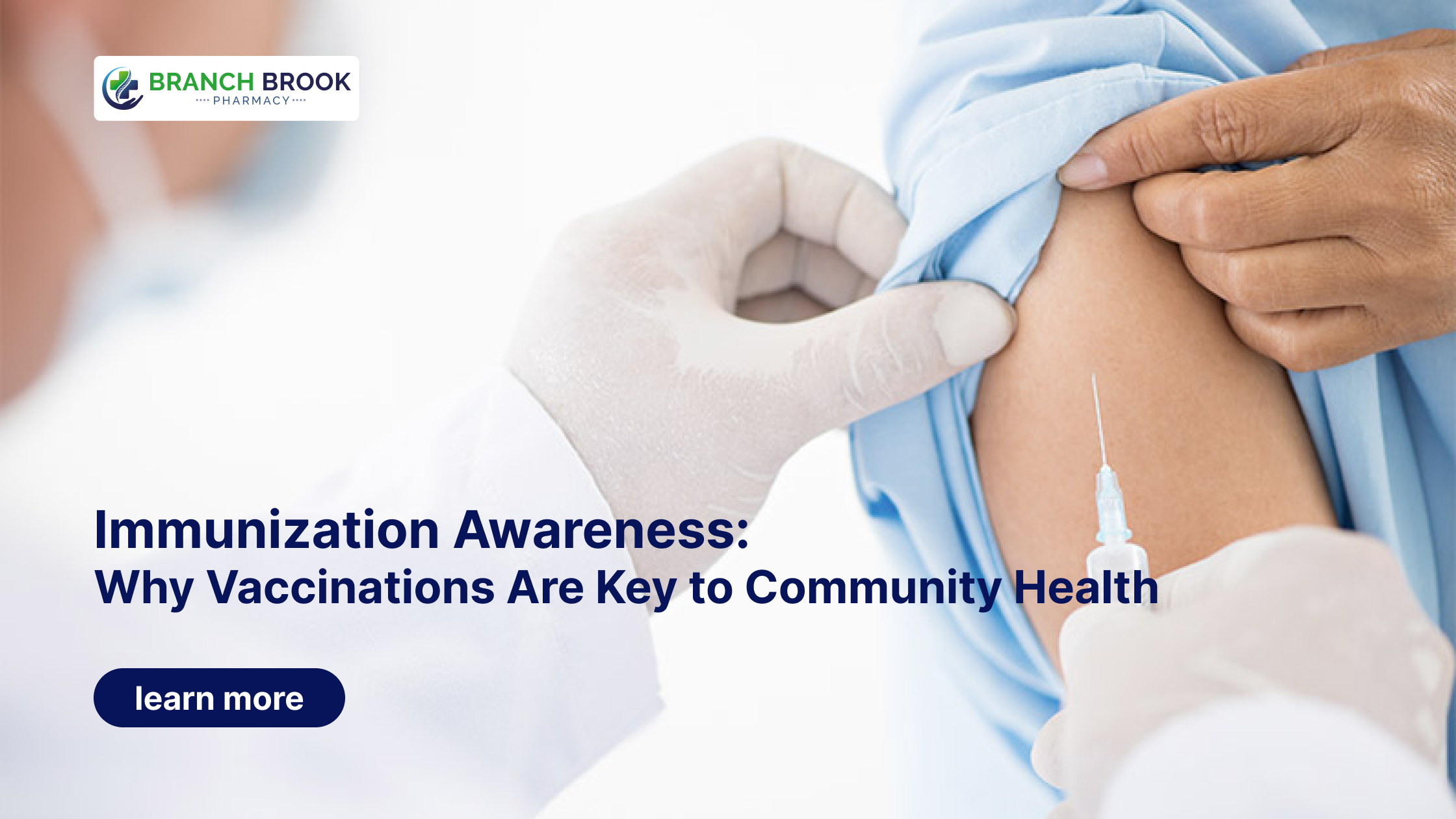
Immunization has long been one of the most effective ways to safeguard public health. The benefits of vaccinations extend beyond protecting individuals; they play a crucial role in preserving community health by preventing the spread of contagious diseases. This blog will delve into the significance of immunization awareness, the importance of vaccinations for both individuals and communities, and how they are a cornerstone of preventive health strategies worldwide.
What Is Immunization and Why Is It Important?
Immunization is the process by which a person becomes protected against diseases through vaccination. Vaccines stimulate the immune system to recognize and fight pathogens like bacteria or viruses without causing the illness itself. This proactive approach to health has helped eradicate or drastically reduce the prevalence of many life-threatening diseases, including polio, measles, and smallpox.
The importance of vaccines cannot be overstated. Not only do they protect individuals from severe diseases, but they also reduce the overall burden of disease in the community, fostering greater public health and wellness. By raising immunization awareness, we can ensure that more people understand how critical vaccinations are to both personal and community health.
Vaccination Benefits: More Than Just Disease Prevention
Vaccines provide multiple layers of protection. On an individual level, they significantly reduce the risk of contracting diseases. On a larger scale, they help protect entire populations, especially those who may not be able to receive vaccines due to medical reasons, such as individuals with weakened immune systems.
One of the key vaccination benefits is that they help prevent outbreaks of highly contagious diseases. When a significant portion of the population is immunized, it creates community immunity, also known as herd immunity. This form of indirect protection helps slow down or even stop the transmission of diseases, protecting even those who aren’t vaccinated. Therefore, raising immunization awareness and promoting vaccine programs is vital to maintaining community health.
How Vaccinations Protect Public Health
Vaccines are one of the most critical components of public health and vaccines go hand-in-hand in ensuring widespread protection against infectious diseases. Governments and health organizations worldwide work to improve vaccination rates through national and global immunization programs. These programs provide access to vaccines for individuals of all ages, from infants receiving their first childhood vaccines to older adults who need protection against diseases like the flu or shingles.
Maintaining high vaccination rates is crucial for preventing outbreaks and controlling diseases. When a large percentage of the population is vaccinated, the spread of illness is minimized, which is particularly important for protecting vulnerable groups, including infants, the elderly, and those with chronic health conditions.
Immunization Programs: Ensuring Access and Education
National and local immunization programs play a pivotal role in making vaccines accessible and providing vaccine education. These programs often focus on ensuring that everyone, regardless of socioeconomic background, can receive life-saving vaccines. Vaccine education is an essential part of these programs because there is a need to address misinformation and skepticism around vaccinations.
By improving immunization awareness, health organizations help people understand how vaccines work, their safety, and the long-term benefits of getting vaccinated. Trust in vaccines can only be built through transparency and by sharing scientific evidence, showing how vaccines contribute to disease prevention and the overall well-being of society.
The Importance of Vaccines for Childhood and Beyond
Childhood vaccines are a cornerstone of preventive health and are a primary focus of immunization programs worldwide. Children are particularly vulnerable to certain infectious diseases, which can lead to severe complications or even death if left unvaccinated. Some of the most important childhood vaccines include protection against diseases like diphtheria, tetanus, pertussis (whooping cough), measles, and mumps.
Vaccines also protect against many other diseases that can have long-term health effects. For example, the human papillomavirus (HPV) vaccine helps prevent certain types of cancers later in life, while the flu vaccine reduces the risk of severe complications from seasonal influenza.
Vaccine Safety: Addressing Concerns and Building Trust
One of the barriers to high vaccination rates is misinformation regarding vaccine safety. While vaccines are among the most rigorously tested and monitored medical interventions, concerns over side effects or vaccine ingredients sometimes lead to hesitancy. To counter this, ongoing vaccine education is essential.
Health organizations work tirelessly to reassure the public that vaccines are safe and that any potential side effects are rare and generally mild. By improving immunization awareness and providing accurate information, public health officials can foster confidence in vaccines, ensuring that individuals feel comfortable and informed when making decisions about their health.
The Role of Vaccinations in Disease Prevention
Vaccines are essential tools in disease prevention and public health. Over the past century, vaccines have been responsible for preventing millions of deaths worldwide. Diseases like smallpox have been eradicated, and others like polio are on the brink of eradication, thanks to widespread vaccination efforts. Even during the COVID-19 pandemic, the development and rapid deployment of vaccines showcased how important immunizations are for protecting global community health.
By continuing to promote immunization awareness, we can ensure that vaccination efforts remain strong. Preventing disease is far more cost-effective and efficient than treating illness after it occurs, and vaccines are a critical component of that strategy.
Why Community Immunity Matters
One of the most compelling reasons to promote immunization awareness is the concept of community immunity. When a significant portion of the population is vaccinated, it creates a buffer that prevents the spread of disease, even to those who cannot be vaccinated. Community immunity is especially important for protecting infants, the elderly, and those with compromised immune systems who may be more susceptible to infectious diseases.
Vaccines not only protect individuals but also contribute to the overall health and stability of a community. By ensuring high vaccination rates, we help safeguard those who are at the highest risk for severe complications from disease.
How You Can Support Immunization Awareness
There are several ways you can support immunization awareness in your community:
- Get Vaccinated: Ensure that you and your family are up to date with all recommended vaccines. This not only protects you but also contributes to community immunity.
- Educate Yourself: Stay informed about the vaccination benefits and the latest research regarding vaccine safety.
- Advocate for Vaccines: Help spread the word about the importance of vaccines. Encourage friends, family, and colleagues to stay current on their vaccinations.
- Support Immunization Programs: Participate in or support local immunization programs that aim to increase access to vaccines, especially for underserved populations.
Also Read: Diabetes Management Made Easier: Products and Tips from Your Pharmacy
Conclusion
Vaccinations are one of the most effective tools we have for protecting community health. By raising immunization awareness, we can ensure that more people understand the importance of vaccines and their role in preventive health. From childhood vaccines to vaccines for adults and seniors, immunization is a lifelong investment in health and well-being.
By promoting high vaccination rates, we can maintain community immunity and protect the most vulnerable among us. Whether it’s through government-led immunization programs or individual decisions to stay informed, everyone plays a part in creating a healthier, safer world through vaccination.





